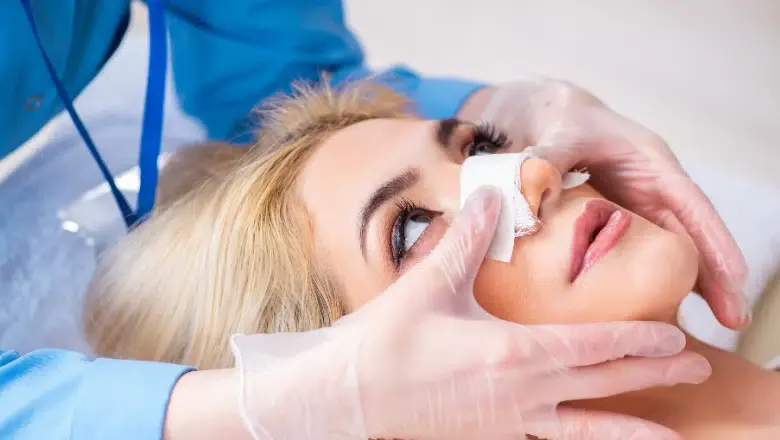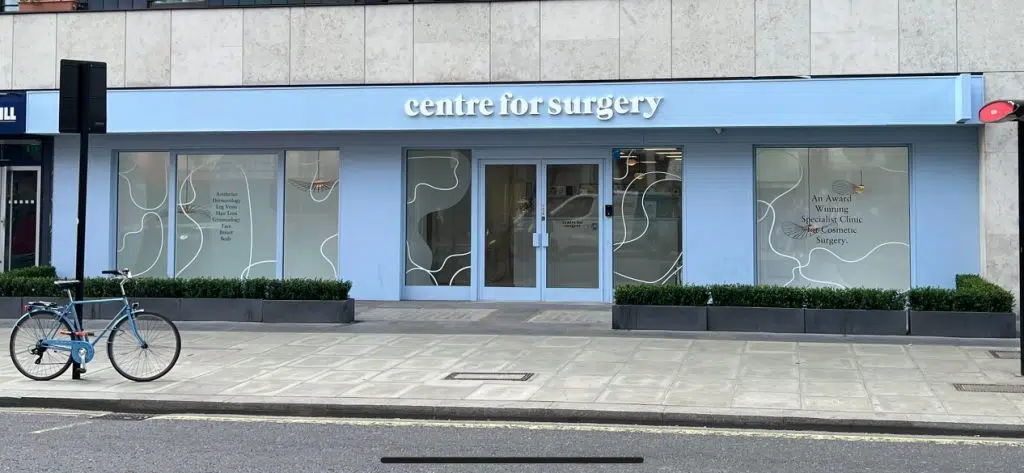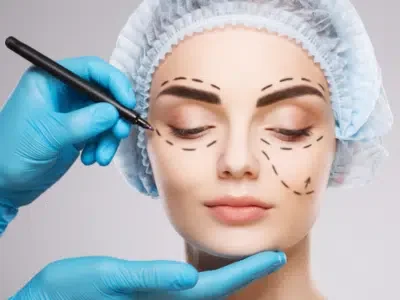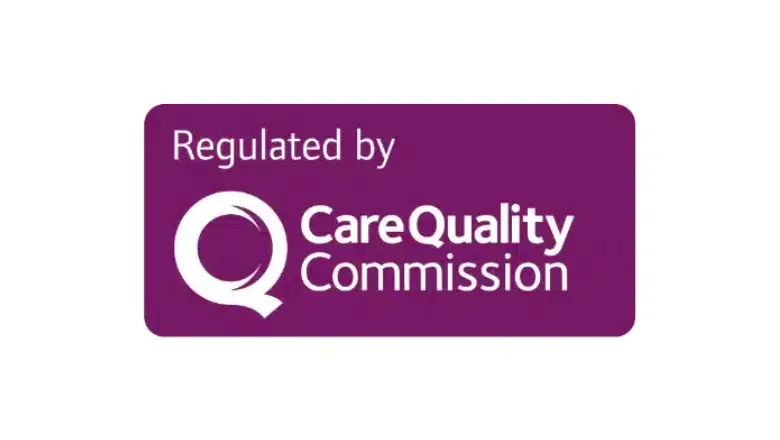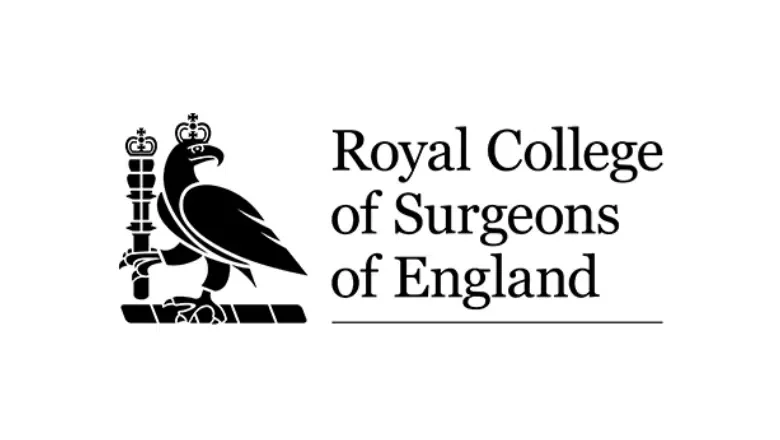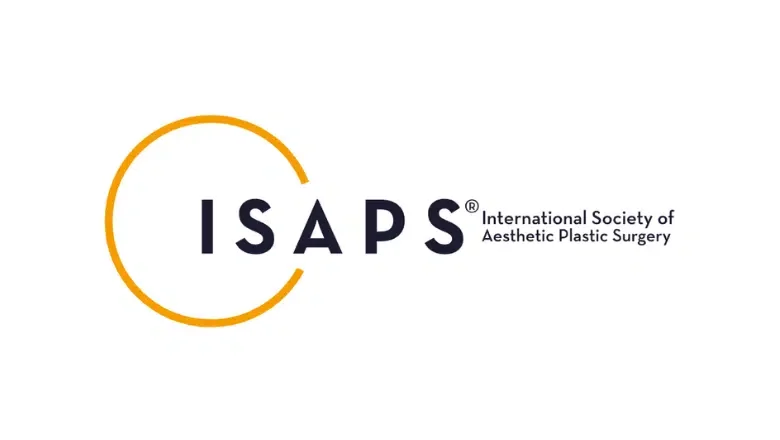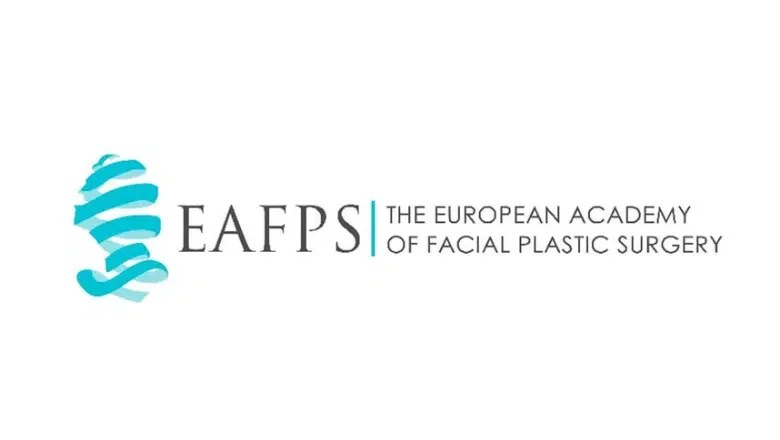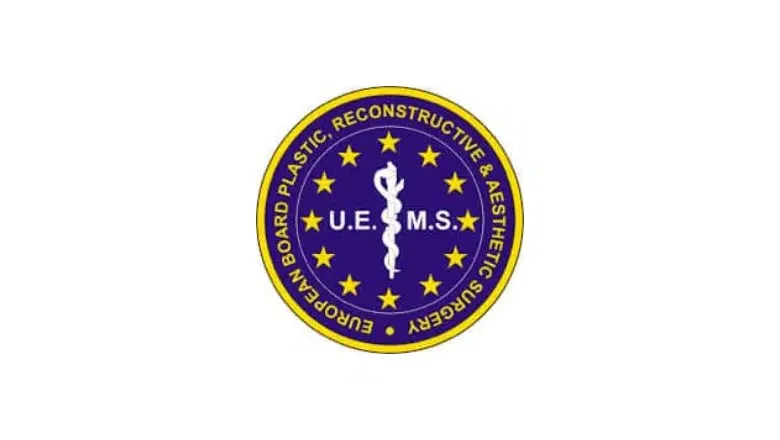Noses come in various shapes and sizes, and people may be unhappy with certain aspects of their nose looks. Sometimes, the anatomy of the nose can be disrupted by a traumatic injury such as a car accident or by contact sports such as rugby. This may lead to a crooked nose, resulting in a loss of confidence and self-esteem. Rhinoplasty, otherwise known as a nose job, is the ideal solution to alter the size or shape of the nose surgically. If you have been thinking about having a rhinoplasty and are keen to explore what it involves further, read on to learn what rhinoplasty is, what the types of rhinoplasty are, and what to expect in the recovery period after rhinoplasty.
RELATED: Key Facts And Myths About Rhinoplasty Surgery
What is Rhinoplasty?
Rhinoplasty is one of the most popular cosmetic surgery procedures in the UK. People can effectively reduce the size of their noses with permanent results for a significant improvement in aesthetic appearance. Rhinoplasty can also be carried out to improve nasal function. Many people may be born with or later develop a deviated septum. Septal deviation can be effectively addressed with septoplasty and can be combined with a cosmetic rhinoplasty for improvement in the cosmetic appearance of the nose in the same procedure.
RELATED: What are the different types of nose shapes?
Am I suitable for Rhinoplasty?
The ideal candidates for a surgical rhinoplasty include people who would like to improve the size or shape of the nose or to address functional symptoms such as a deviated septum. A septorhinoplasty can address both aesthetic and functional concerns in the same procedure.
Before considering rhinoplasty surgery, patients should be in good physical and mental health with no serious medical conditions such as severe hypertension or diabetes. These conditions may increase the risk of complications during or after the procedure. Patients should not have an active skin infection or dermatological conditions affecting the nose. It is essential to have realistic expectations about what the procedure can expect. Rhinoplasty involves a great deal of fitness to produce consistently good results. Recovery after rhinoplasty surgery may be more involved than other cosmetic surgery types. In up to 20% of cases, secondary rhinoplasty surgery may be required to fine-tune the results. At your rhinoplasty consultation, the consultant plastic surgeon will take a detailed medical history, including any medicines you may take to determine your fitness for rhinoplasty surgery.
What are the different rhinoplasty options?
There are two main treatment options for nose reshaping. The traditional option is a surgical rhinoplasty, which involves general anaesthesia, incisions, and a recovery period after the procedure. The newer option is a non-surgical rhinoplasty, also known as a non-surgical nose job. This treatment involves injecting dermal fillers into the nose to alter its size or shape. Non-surgical rhinoplasty is a non-invasive procedure which does not involve the incisions or scars of rhinoplasty surgery. The procedure takes no more than 30 minutes to complete, and you will be able to leave the clinic as soon as the treatment is complete. There is no downtime after non-surgical rhinoplasty, although you may have temporary bruising, swelling, and redness at the injection sites.
RELATED: Types of Rhinoplasty
A skilled rhinoplasty surgeon can provide customised recommendations on the most appropriate rhinoplasty options for you. If you are only looking to achieve subtle changes to the size or shape of the nose, then a non-surgical rhinoplasty may be the most appropriate treatment option. It is essential to remember that a non-surgical rhinoplasty does not produce permanent results. Treatment will need to be repeated after 12 months to maintain the results. For patients who suffer from disordered breathing, only a surgical rhinoplasty can adequately correct a deviated septum, which may cause difficulty breathing through the nose. Rhinoplasty surgery produces permanent results, which are highly appreciated by patients who choose to have it.
RELATED: Surgical versus non-surgical rhinoplasty
What happens at the rhinoplasty consultation?
The first step to having a surgical rhinoplasty is to have a consultation with a specialist rhinoplasty surgeon at our state-of-the-art Baker Street clinic in Marylebone. Your expectations and desired outcomes will be discussed at the face-to-face consultation. The surgeon will also take a medical history to determine your fitness for rhinoplasty surgery. You will need to let the surgeon know if you are taking any prescribed medications or herbal supplements. We recommend preparing a list of questions before the consultation, which you can ask your surgeon. You could also bring magazine cutouts of specific nose shapes you particularly like.
RELATED: Rhinoplasty (Nose Job) before and after photos
What does rhinoplasty surgery involve?
Surgical and non-surgical rhinoplasty are fundamentally different procedures. Non-surgical rhinoplasty is carried out using hyaluronic acid-based dermal fillers and involves having a quick 30-minute treatment as an outpatient at our Baker Street clinic. Ice packs can easily control any swelling or discomfort during the procedure. The dermal filler will be injected at predetermined points, and you will be given detailed instructions on how to look after the nose and when you can expect to see the final results of non-surgical rhinoplasty.
Rhinoplasty surgery is an invasive medical procedure involving certain risks and requires a period of recovery to ensure proper healing. On the day of surgery, you’ll be admitted to our specialist surgical facility on Baker Street. Once you have been admitted by our nursing team and reviewed by the anaesthetist, you will be seen by your surgeon, who will complete the consent form with you and mark you up for the procedure. You will then be escorted to the operating room, where you will be put to sleep with a general anaesthetic. The procedure will be carried out according to the surgeon’s detailed surgical planning. Once the procedure is complete, you’ll be taken to our dedicated recovery area. The surgeon will come to review you once you have recovered from the effects of the anaesthetic to discuss postoperative care instructions.
RELATED: How to make your nose smaller
What happens during the rhinoplasty recovery period?
Non-surgical rhinoplasty involves a minimal period of recovery. Virtually all patients are back to their normal activities the same day. Other than mild bruising and swelling redness, there are little or no symptoms after a non-surgical rhinoplasty. A surgical rhinoplasty, in comparison, involves a more extended period of recovery where there will be a greater degree of bruising, swelling and temporary numbness. Patients often tell us they are glad they chose to have rhinoplasty surgery due to the excellent results the procedure can produce. Results from a surgical rhinoplasty are considered permanent.
The rhinoplasty recovery period involves mild discomfort, bruising and swelling. Any discomfort can be easily controlled with over-the-counter painkillers such as paracetamol. You’ll be reviewed by our postoperative nursing team one week after the procedure to check your incision sites and give advice on achieving optimum healing and recovery. Your surgeon will examine you six weeks after surgery to assess your results and ensure you have healed as intended. The final results of rhinoplasty surgery become evident after several months. In some cases, it can take up to a full year to see the full results of surgical rhinoplasty.
Schedule a Rhinoplasty Consultation at Centre for Surgery
If you are looking to alter the size or shape of your nose with a rhinoplasty or are still keen to learn more about what the procedure involves, it is essential to choose a skilled rhinoplasty surgeon who regularly performs this type of procedure. It can be challenging to identify the best London rhinoplasty surgeons from an online search. Fortunately, our surgeon’s qualifications, experience and reputation are well recognised in London and the UK.
Our surgeons continue to help hundreds of women and men enhance their physical appearance to boost self-confidence and emotional well-being. Call us today on 020 7993 4849 to book a rhinoplasty consultation at our state-of-the-art clinic in the heart of London.
RELATED: The Complete Guide to Understanding Rhinoplasty

